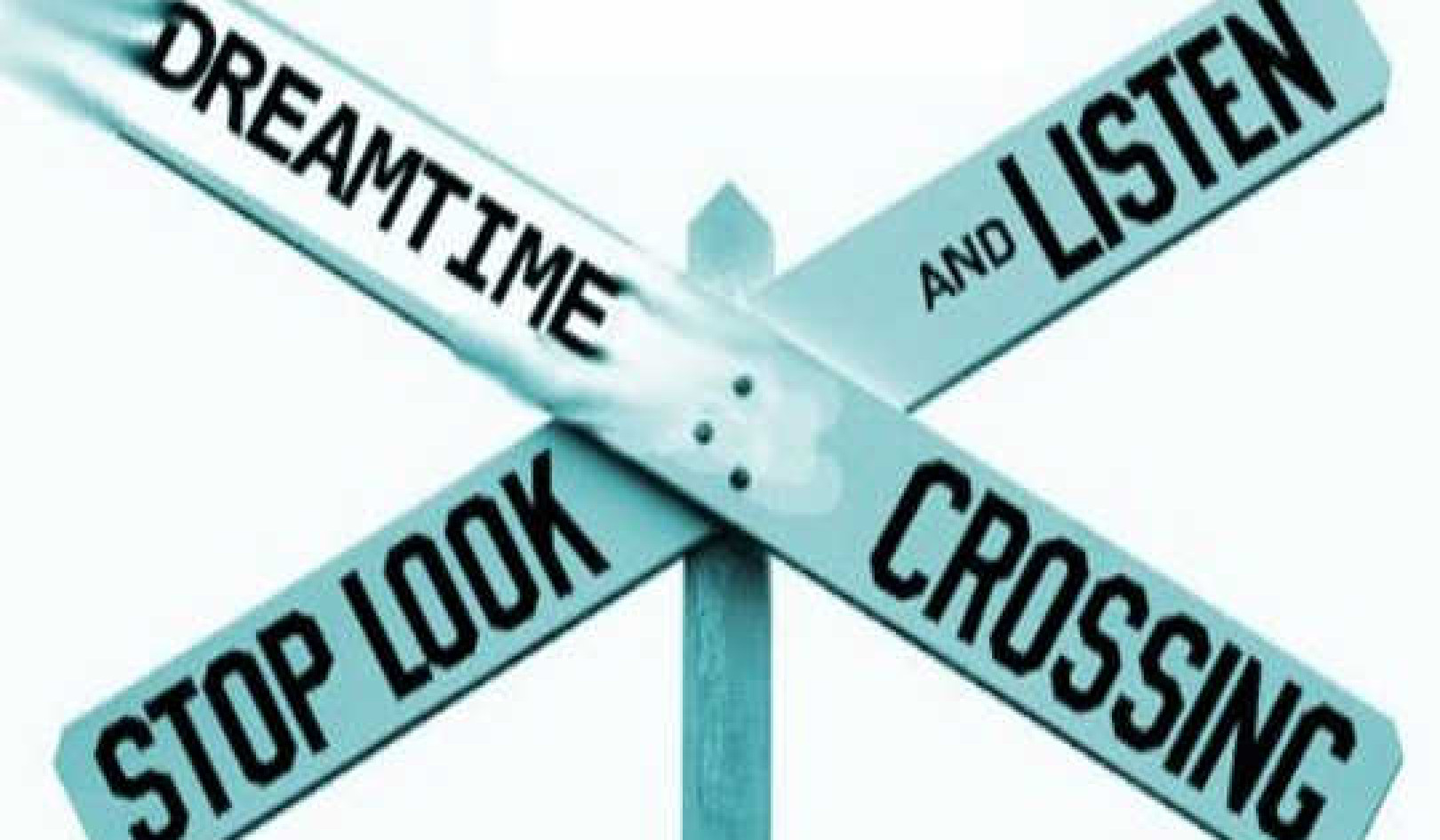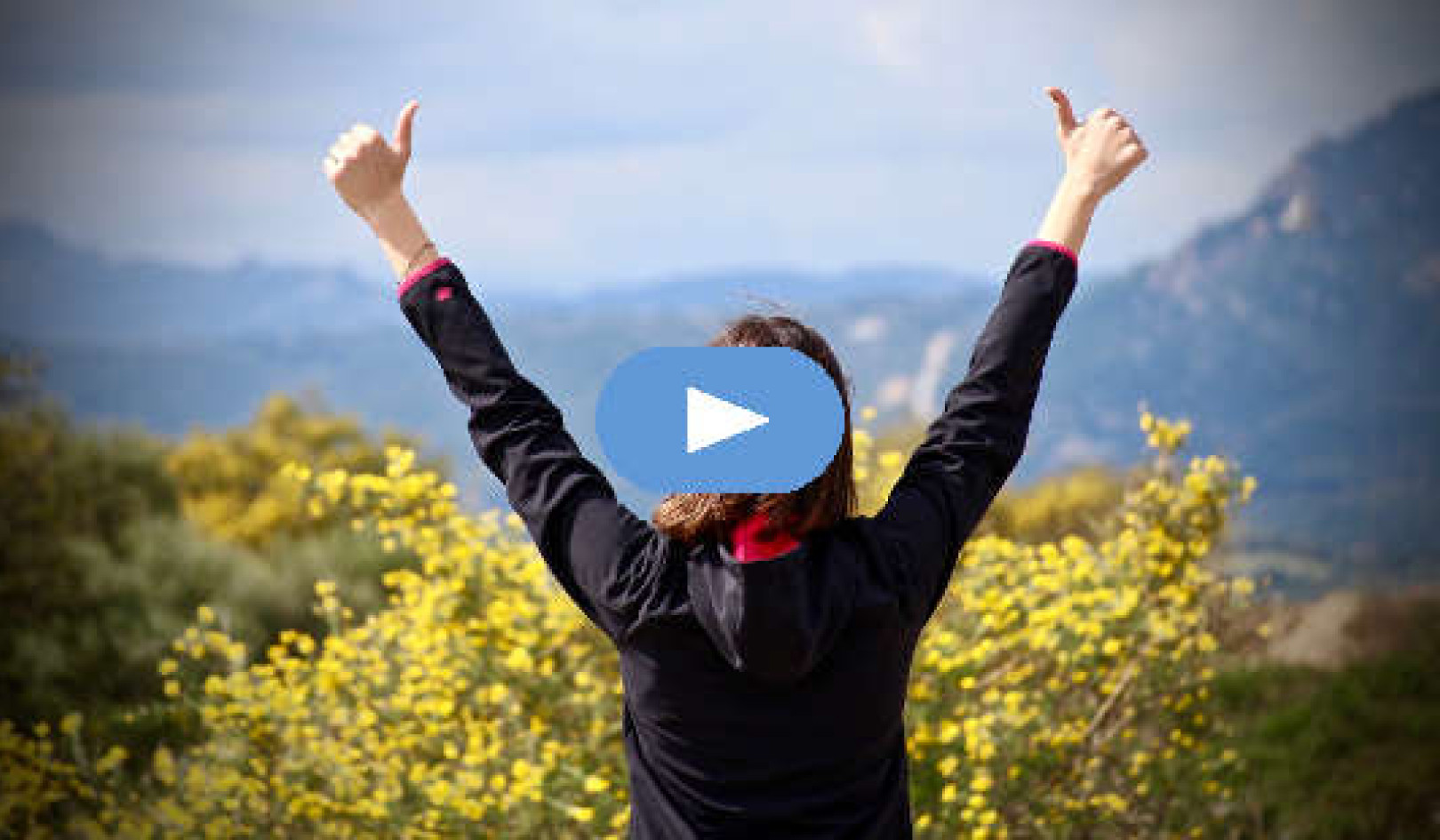
People over 50 who attend religious services and pray privately may notice better memory performance, researchers report.
According to the study’s findings, frequent religious service attendance and private prayer were linked to stronger cognitive health among blacks, Hispanics, and whites.
Previous research has shown religious involvement benefits physical and mental health of older minority adults.
Zarina Kraal, a psychology doctoral candidate at the University of Michigan and the study’s lead author, tested whether the findings could extend to cognitive health.
The researchers used six years of data from the University of Michigan Health and Retirement Study, which includes responses from more than 16,000 people over age 50. They asked about religious attendance and prayer, and then tested people’s memory skills.
Participants—who disclosed their ethnicity, physical health, and depressive symptoms—heard 10 words and had to recall them immediately, and then again five minutes later.
Older black and Hispanic adults reported more religious involvement than their white counterparts. The effects of prayer and religious attendance on memory were equivalent between black and white older adults, as well as Hispanic and white older adults, Kraal says.
She also notes that the social aspects of religious service attendance may underlie its positive association with memory in older adults.
Attending religious services may promote social engagement with religious peers, and social engagement has been positively associated with cognitive outcomes
“Attending religious services may promote social engagement with religious peers, and social engagement has been positively associated with cognitive outcomes,” Kraal says.
Separate from social benefits, religious attendance may be linked to better cognitive health through stimulating cognitive activities unique to religious services, such as discussing sermons or applying scriptural study.
Additionally, the potential cognitive demands of prayer may explain its positive association with memory, Kraal says. For instance, memory may be required to recall who to pray for and reasons for prayer. Prayer may be beneficial for memory via its relaxation and stress reduction effects.
The findings appear in the journal Research on Aging.
Source: University of Michigan

Related Books:
The New Aging: Live Smarter Now to Live Better Forever
by Dr. Eric B. Larson
This book offers practical advice for healthy aging, including tips for physical and cognitive fitness, social engagement, and finding purpose in later life.
Click for more info or to order
The Blue Zones Kitchen: 100 Recipes to Live to 100
by Dan Buettner
This cookbook offers recipes inspired by the diets of people in the world's "blue zones," where residents commonly live to 100 or older.
Click for more info or to order
Aging Backwards: Reverse the Aging Process and Look 10 Years Younger in 30 Minutes a Day
by Miranda Esmonde-White
The author offers a series of exercises and lifestyle changes to promote physical fitness and vitality in later life.
Click for more info or to order
The Longevity Paradox: How to Die Young at a Ripe Old Age
by Dr. Steven R. Gundry
This book offers advice on healthy aging, including tips for diet, exercise, and stress management, based on the latest research in longevity science.
Click for more info or to order
The Aging Brain: Proven Steps to Prevent Dementia and Sharpen Your Mind
by Timothy R. Jennings, MD
The author offers a guide for maintaining cognitive health and preventing dementia in later life, including tips for diet, exercise, and stress management.


























